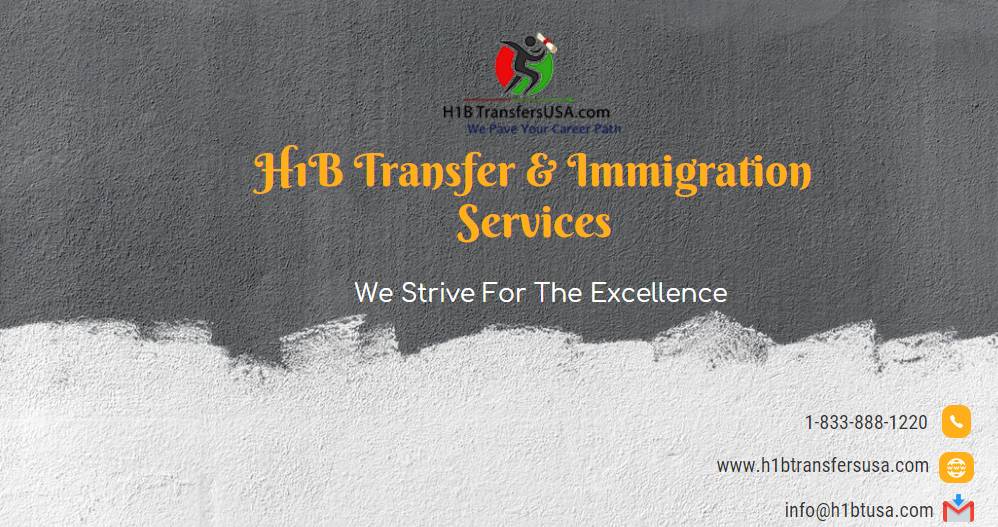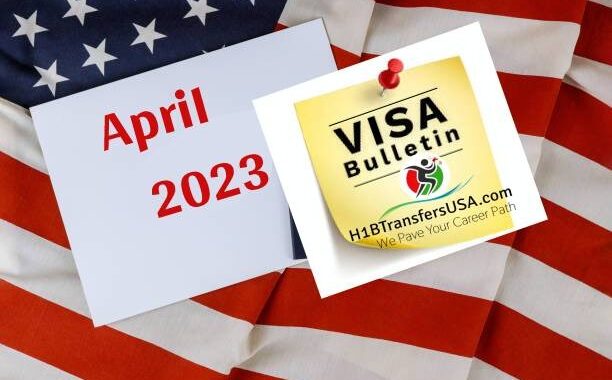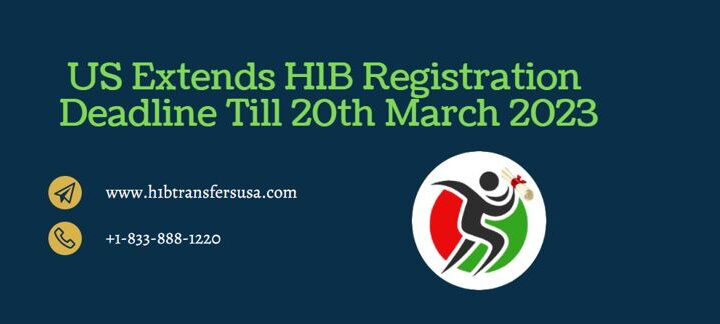When can I challenge the USCIS’s decision in my case?
2 min read
USCIS Decision: If you have received a negative decision on an immigration petition, then you may wonder whether you have an option to appeal. Generally, you do have the right to appeal.
There are several levels of appeal available:
- The U.S. Citizenship and Immigration Services (USCIS) Administrative Appeals Office (AAO)
- The Board of Immigration Appeals (BIA)
- The government courts, in certain circumstances
USCIS Decision | The Administrative Procedure Act
As a rule, your ability to appeal relies upon a law known as the Administrative Procedure Act, or APA. Under the APA, you can appeal most decisions made by the USCIS, such as denial or revocation of a visa, as long as you are the applicant and the decision is final. In some cases, beneficiaries who are not petitioners can appeal revocations.
- The APA permits appeals of federal agencies’ actions for three main reasons:
- The agency’s action doesn’t comply with the agency’s own rules or procedures
- Agency’s action is “arbitrary and capricious,” meaning it has no rational basis
- The agency’s action exceeds its statutory or regulatory authority
Also, your immigration legal advisor will work with you to select the most appropriate reason for your appeal.
Appeals to the Administrative Appeals Office or Board of Immigration Appeals
The AAO and BIA handle various sorts of immigration appeals.
When you appeal to the AAO or the BIA, the office of the USCIS that made the original decision will first review that decision and conclude whether to grant you the support you have requested. If it doesn’t, the reviewing office will forward the appeal to the AAO or BIA for a new decision.
You generally have 30 days to appeal, although certain cases have a 15-day deadline. The letter informing you of your denial will contain guidance about how to appeal. Once the appeal has been filed, the agency will attempt to get you a new decision within 180 days.
Subsequent Appeals
If you are unsuccessful at the AAO or BIA level, you might have the option to appeal to the federal courts. Your immigration lawyer can clarify when these further appeals are possible.
[US reaches Congressionally-mandated 65,000 H-1B visa cap for 2021]
Moreover, it is important to note that, if you have been ordered to leave the nation, filing an appeal doesn’t necessarily extend your departure date. You may need to leave while your appeal is continuous.
Also, if your immigration petition has been denied, contact Yew Immigration Law Group. Lawyer Alison Yew is a board-certified specialist in immigration and naturalization law and can assist with most immigration appeals.






